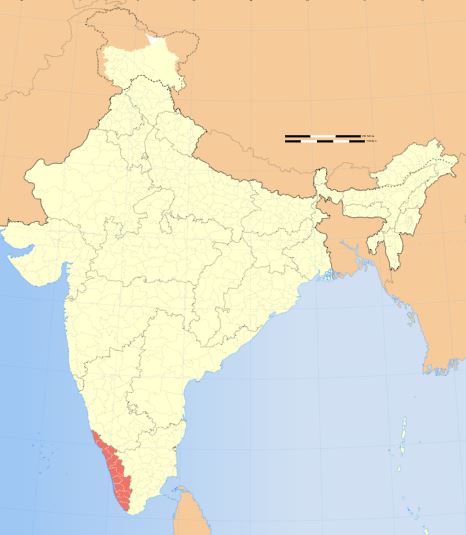Kerala is grappling with a rise in cases of Primary Amoebic Meningoencephalitis (PAM), commonly caused by the “brain-eating amoeba” Naegleria fowleri. As of mid-September 2025, the deadly infection has claimed 19 lives across the state, with 42 cases reported so far this year.
The latest victim, a 9-year-old girl from Thamarassery, succumbed to the infection after contracting the amoeba from a local pond. Health authorities are on high alert, intensifying efforts to combat the spread of the deadly pathogen.
Experts point to warmer water temperatures and poor sanitation as the prime contributors to the spread of Naegleria fowleri. Stagnant, untreated freshwater bodies, often contaminated with bacteria, provide an ideal environment for the amoeba to thrive.
In response to the escalating health crisis, the Kerala government has launched the “Jalamanu Jeevan” campaign, focusing on chlorinating wells and water sources, and encouraging the public to avoid swimming in untreated water bodies. Additionally, health advisories have been issued to warn residents about the risks of the infection, especially during the monsoon season.
Naegleria fowleri enters the body through the nose during water activities and moves to the brain, causing severe inflammation. The infection can be fatal if not treated promptly, with a global fatality rate of nearly 97%. Kerala authorities are working to raise awareness and prevent further fatalities from this rare but deadly infection.


